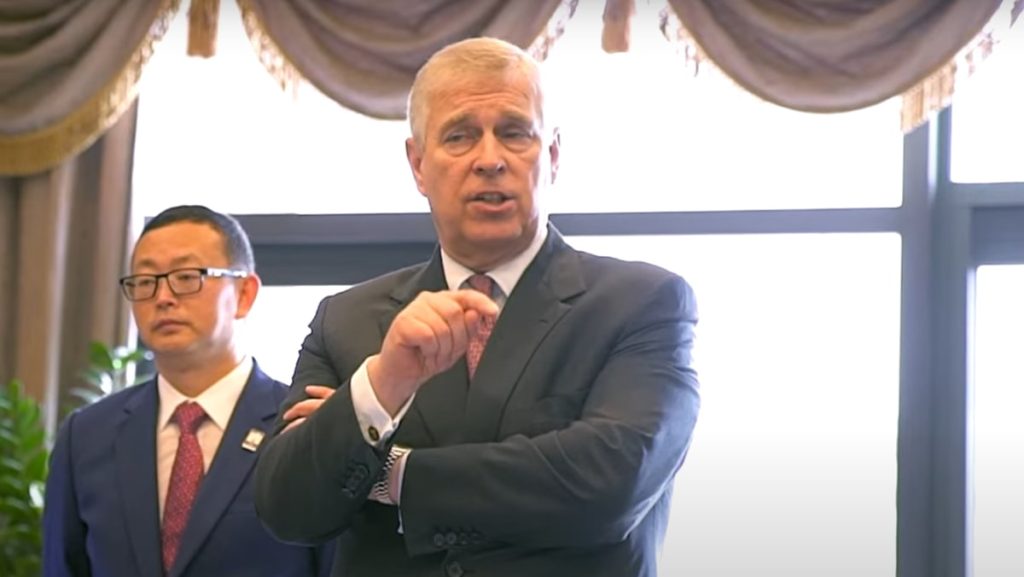The intricate relationship between the United Kingdom and China presents a complex dilemma, epitomizing the broader challenge faced by Western nations grappling with the rise of a global superpower that presents both immense economic opportunities and significant geopolitical risks. China’s vast market, particularly appealing to nations like the UK navigating sluggish economic growth and potentially strained transatlantic trade relations, creates a strong incentive to maintain close economic ties. However, this economic allure is intertwined with concerns about China’s alleged influence operations, espionage, and unfair trade practices, forcing nations to weigh the benefits of economic engagement against the potential costs to national security and democratic values.
China’s strategic objectives in engaging with Western nations are multifaceted. Primarily, these operations aim to gather intelligence, cultivate influence, and gain leverage over countries perceived as competitors or rivals, particularly in technological and economic spheres. The UK, given its historical global influence, close alliance with the United States, significant role in NATO, and independent defense capabilities, represents a particularly attractive target for such activities. London serves as a crucial hub for finance, technology, and diplomacy, offering China a strategic vantage point within the Western political landscape. The UK’s ongoing reassessment of its global role post-Brexit further complicates the dynamics of this relationship, as the nation seeks to forge new economic partnerships while simultaneously safeguarding its national interests.
The UK government now faces a critical juncture, needing to decide whether to prioritize economic expediency by overlooking China’s potentially harmful activities or to adopt a more assertive stance that prioritizes national security and transparency. This decision carries significant implications not only for the UK’s relationship with China but also for its standing within the broader international community. A passive approach could embolden China’s assertive behavior while potentially undermining the UK’s credibility as a defender of democratic values and international norms. Conversely, a more forceful response risks jeopardizing valuable economic ties and potentially triggering retaliatory actions from China.
A highly symbolic decision regarding the proposed new Chinese embassy in London exemplifies the complexities of this balancing act. The planned embassy, to be located on the historic site of the former Royal Mint, is projected to be the largest Chinese embassy in Europe, significantly surpassing even the sizable new US embassy in London. The sheer scale of the proposed embassy, coupled with the potential influx of diplomatic personnel, raises concerns about increased opportunities for Chinese influence operations and espionage activities. Local authorities have expressed objections to the project, citing security and logistical concerns, adding another layer of complexity to the government’s decision-making process.
The approval of the new embassy could be interpreted as a tacit acceptance of China’s activities and a prioritization of economic interests over security concerns. Conversely, rejecting or significantly modifying the embassy project would send a strong signal to China that the UK is willing to stand up to its assertive behavior, even at the risk of economic repercussions. The government’s decision will undoubtedly be scrutinized by both domestic and international observers, setting a precedent for how the UK intends to navigate its complex relationship with China in the years to come.
The central question remains: is the UK prepared to pay the potential price of closer economic ties with China, a price that may include compromising on national security, intellectual property protection, and potentially even democratic values? The decision regarding the embassy serves as a microcosm of this larger dilemma. The UK must carefully weigh the economic benefits against the potential long-term risks of accommodating a rising power with a history of challenging international norms and engaging in activities that could undermine the UK’s own interests and values. The government’s response will not only define the future of UK-China relations but also serve as a bellwether for how other Western democracies navigate the challenges posed by China’s increasing global influence.

